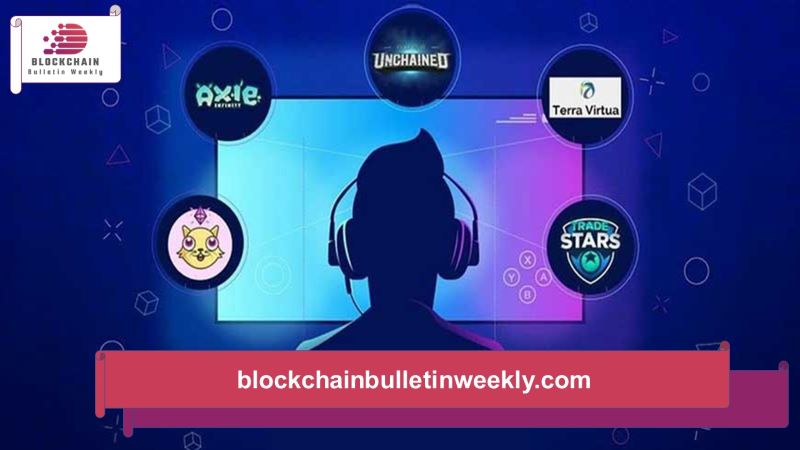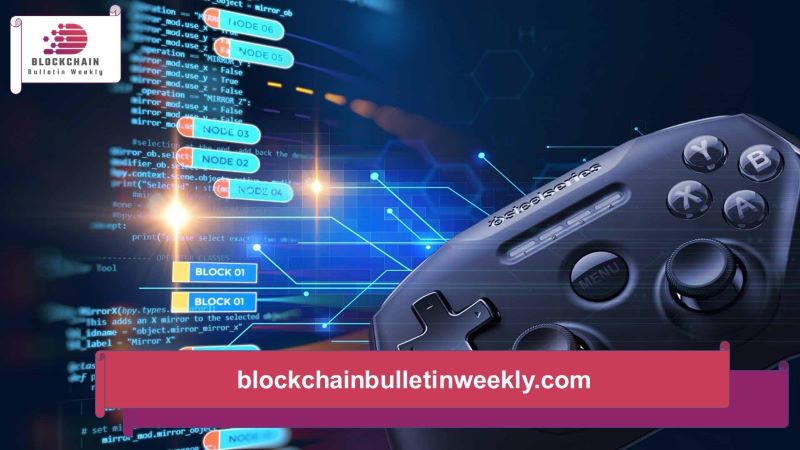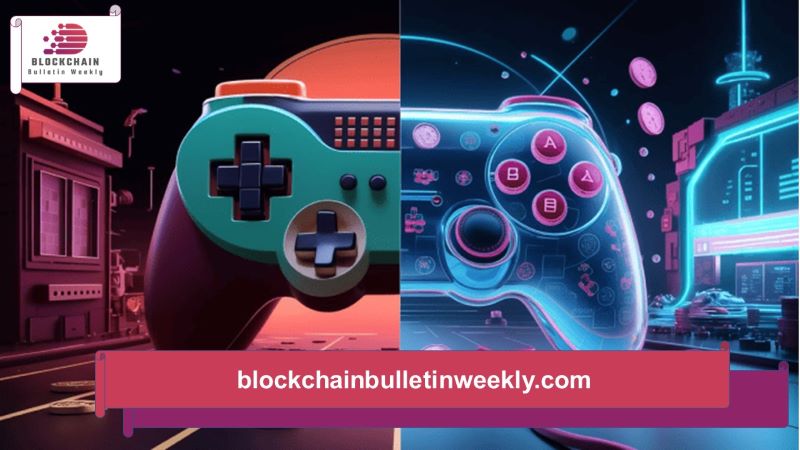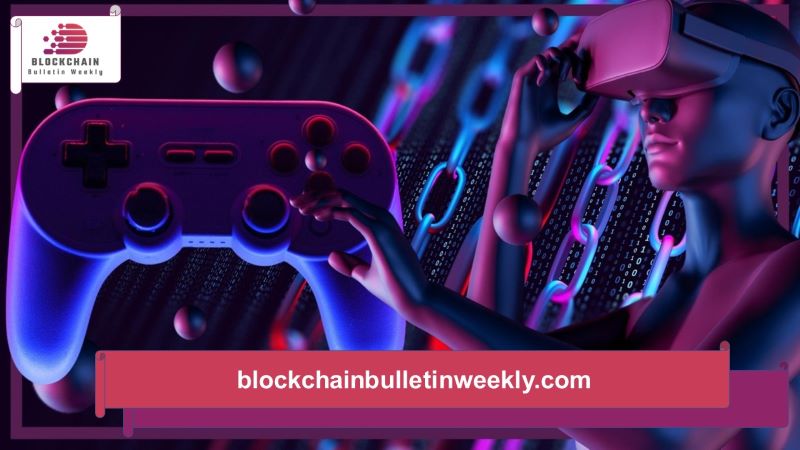Blockchain games are revolutionizing the gaming industry, transforming a niche concept into a booming market. But is this trend a sustainable opportunity for growth, or just a passing bubble in the ever-evolving world of digital entertainment? Let’s explore.
What is blockchain gaming?
Blockchain game is a genre of video games built and operated on blockchain technology. This technology allows players to own, trade, and manage in-game assets transparently and securely through smart contracts. The integration of blockchain into gaming creates a new environment where players can truly own virtual assets such as characters, items, and in-game cryptocurrency.
Key Features of Blockchain Gaming
True Ownership
Players can own in-game assets as NFTs (Non-Fungible Tokens), meaning they can freely sell, trade, or exchange their assets on various platforms.
Transparency and Security
Due to the decentralized nature of blockchain, all transactions and ownership are recorded on a public ledger, preventing fraud and ensuring game integrity.
New Economic Models
Blockchain games introduce new economic systems, allowing players to earn money by playing games, investing in in-game assets, or participating in trading activities.
Interoperability
Blockchain enables the integration of assets from multiple games, creating a rich ecosystem where players can move their assets between different games.
These features make blockchain gaming exciting and offer new opportunities for players to earn money and truly own virtual assets.
The Potential of Blockchain Game
Blockchain games are revolutionizing the gaming industry by offering players true ownership of in-game assets through NFTs, allowing them to buy, sell, and trade items transparently. This creates real value and boosts the in-game economy. These games also introduce new economic models, enabling players to earn money through rewards, asset sales, or other activities.
Thanks to blockchain’s transparency and security, all transactions are recorded on an immutable public ledger, preventing fraud and ensuring player protection. Additionally, blockchain enables the integration of assets across multiple games, allowing players to transfer items and characters seamlessly, fostering creativity and innovation.
With a rapidly growing market and increasing interest from players and investors, blockchain games are set to become a key part of the gaming industry’s future.
Risks in Blockchain Gaming
The Future of Blockchain Gaming
Blockchain gaming is rapidly gaining attention from investors, players, and developers, offering significant potential for growth, while also facing challenges.
The market for blockchain gaming is expanding quickly, with more players seeking unique experiences. As blockchain-integrated games continue to attract interest, revenues are expected to rise due to technological advancements and increasing user numbers.
Technological innovations like layer 2 solutions and sidechains will improve transaction speeds and lower costs, enhancing the player experience and making blockchain games smoother to play.
Blockchain games also have the potential for integration with other platforms, such as social networks, DeFi, and NFTs, opening up new opportunities for richer experiences and increasing the value of in-game assets.
The regulatory environment will play a crucial role in shaping the future of blockchain gaming. Clear and fair regulations will support growth, while strict or ambiguous laws could create barriers.
The strength of the community will significantly impact blockchain gaming’s success. A supportive and engaged community can contribute ideas, content, and maintain high levels of participation, driving long-term growth.
Finally, player acceptance will determine the future of blockchain gaming. Developers must make the games easy to understand and engaging, highlighting the benefits of ownership, trading, and earning, to increase player involvement and trust.
The future of blockchain gaming is full of potential, with significant opportunities for growth and innovation. As the market evolves, it’s essential for players, developers, and investors to stay informed and involved.
To keep up with the latest trends and developments, follow the Blockchain Bulletin Weekly and join the movement shaping the future of gaming.



